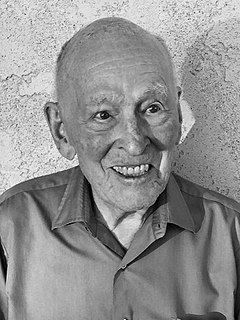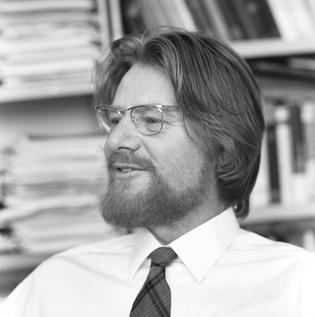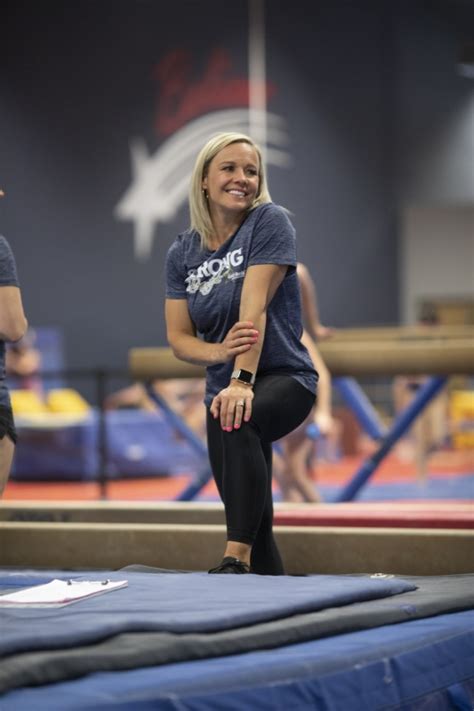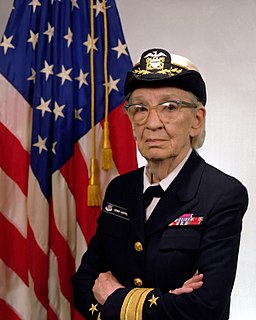A Quote by Paul D. Boyer
A painstaking course in qualitative and quantitative analysis by John Wing gave me an appreciation of the need for, and beauty of, accurate measurement.
Quote Topics
Related Quotes
Accurate and minute measurement seems to the non-scientific imagination, a less lofty and dignified work than looking for something new. But nearly all the grandest discoveries of science have been but the rewards of accurate measurement and patient long-continued labour in the minute sifting of numerical results.
This is true even in organizations that are very focused on analysis and quantitative measurement, even among people who think of themselves as smart in an MBA sense. In highly successful change efforts, people find ways to help others see the problems or solutions in ways that influence emotions, not just thought.
The concept of 'measurement' becomes so fuzzy on reflection that it is quite surprising to have it appearing in physical theory at the most fundamental level ... does not any analysis of measurement require concepts more fundamental than measurement? And should not the fundamental theory be about these more fundamental concepts?





































